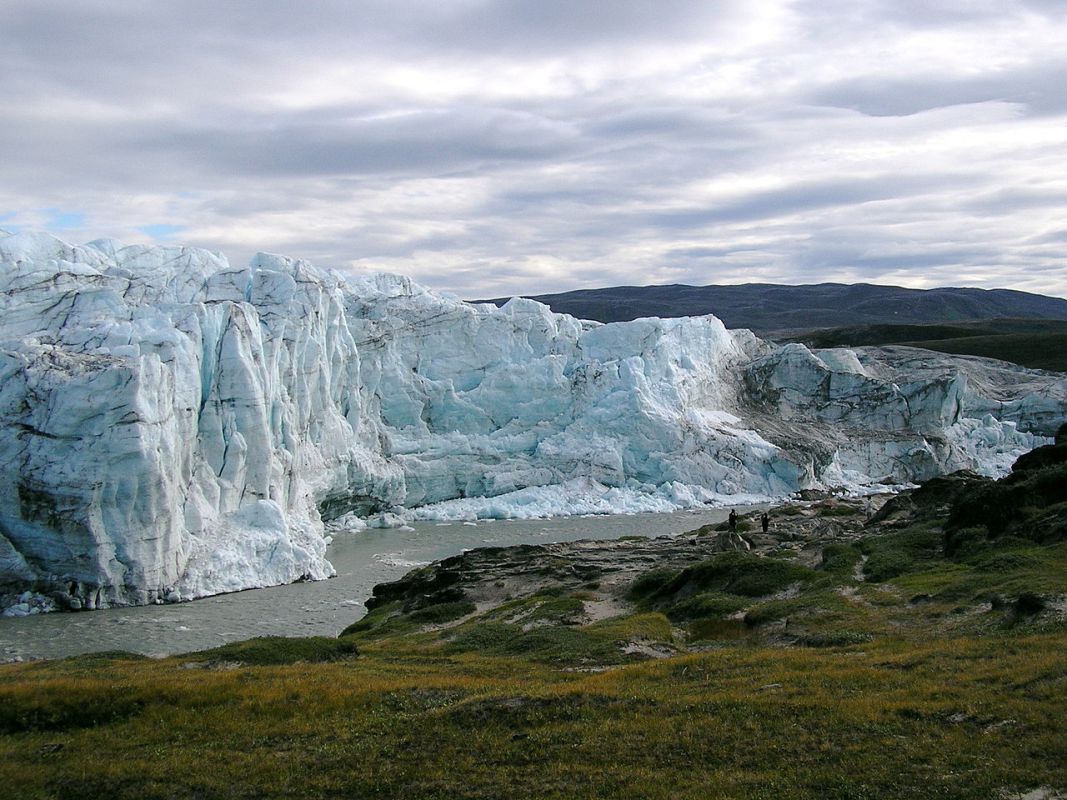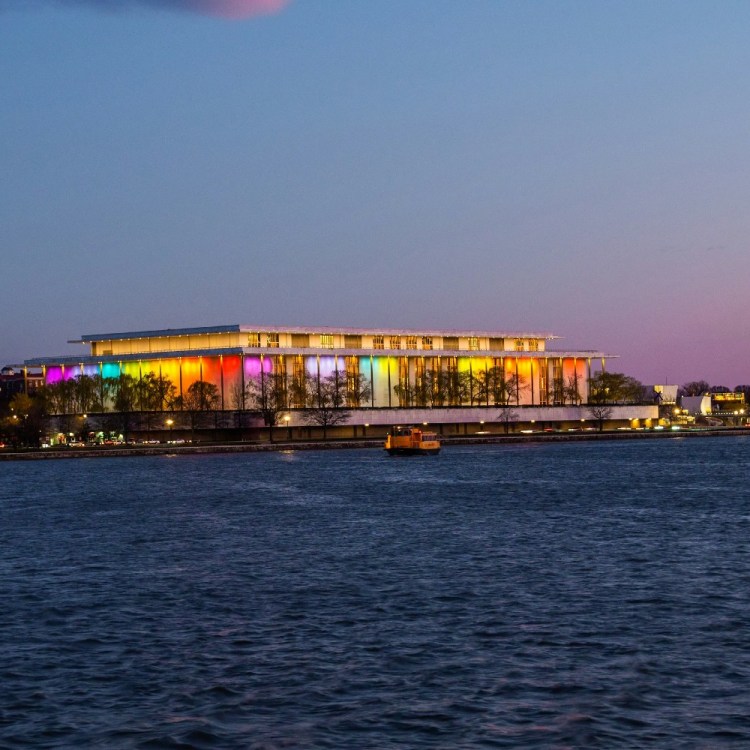What if technology could be used to not only stop global warming, but to make the planet cooler? Would it be enough to, say, stop the deterioration of ice sheets in regions like Greenland? While it sounds like the premise of a science fiction movie — to be honest, it is the premise of at least one very good science fiction movie — it’s something that’s been explored by scientific minds around the world.
Unfortunately, as Brian Kahn at Earther reports, that wouldn’t stop ice sheets from melting. It could slow down that melting, but even such a radical measure wouldn’t be able to put it to a complete stop.
The potential loss of ice sheets has several alarming aspects. For starters, there’s the effect it would have on sea levels across the world — leading to more coastal flooding. But a recent report also suggests that melting ice sheets could also contribute to extreme weather.
The paper that Kahn cites in his article studied the effects of solar radiation management.
The paper’s results show that cooling would help slow—though not stop—the melting of the ice sheet. That could buy coastal regions time but also change the climate in other ways that may end up hurting other regions around the world.
If even as massive a technology as this wouldn’t be sufficient to arrest the melting of Greenland’s ice sheets, it serves as a jarring reminder of the urgency of dealing with climate change with the resources we do have on hand.
Subscribe here for our free daily newsletter.
Thanks for reading InsideHook. Sign up for our daily newsletter and be in the know.


















